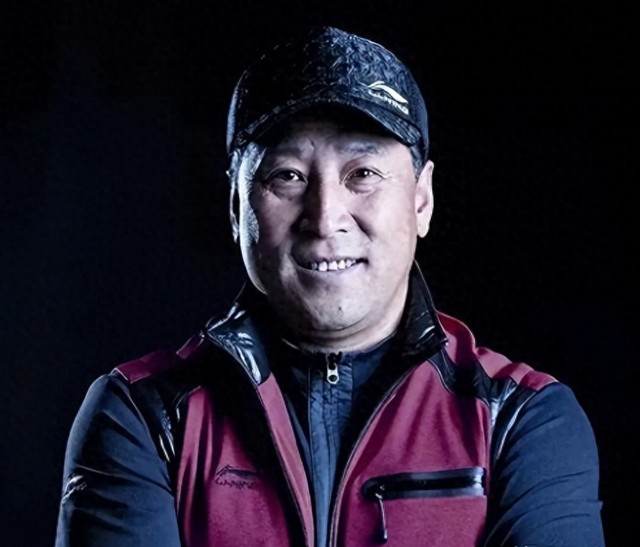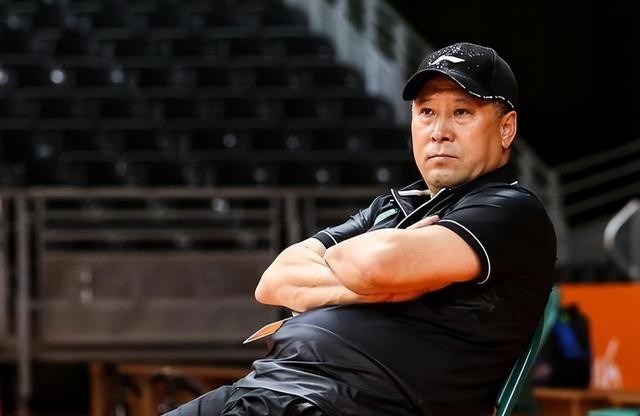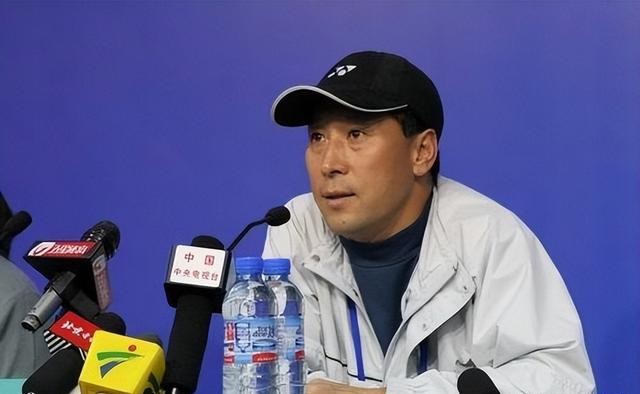During his playing career, he won six world championships, becoming a monument in the history of Chinese badminton. After retiring and transitioning to coaching, Li Yongbo went on to cultivate 92 world champions, adding a rich stroke to the history of the national badminton team.However, it was unexpected that such an accomplished coach would announce his resignation, not only declining a million-dollar offer from the sports industry but also choosing to go abroad to grow durians. What could have led Li Yongbo to abandon his vows and prefer growing durians over returning as a coach?

Coaching CareerIn 1993, after just retiring, badminton athlete Li Yongbo finally had the chance to enjoy life. At the same time, he received multiple invitations hoping for him to work with their national teams, offering attractive salaries and benefits.As Li Yongbo pondered his options, he unexpectedly received a notice recalling him to the national team. Without hesitation, Li Yongbo returned to the national team.After discussions, Li Yongbo learned that the leadership wanted him to become the badminton team's coach.At this point, the national badminton team found itself in an awkward position; experienced and accomplished older players had retired, while new players were not yet able to carry the load.The decision to choose Li Yongbo stemmed from his extensive experience in major competitions and his record of winning six world championships.Suddenly entrusted with a significant responsibility, Li Yongbo was unsure if he could teach effectively or if the methods that suited him would work for others. However, since the country needed him, he felt it was his duty to accept.Upon taking office, to change the players' lax attitudes, Li Yongbo implemented a strict training plan.Every day, the team assembled at 6:40 am and trained until evening. Those who performed poorly faced additional practice. The athletes complained bitterly, some even lodging complaints with the leadership.But the leadership made their stance clear: those who could handle it should continue, and those who couldn't should quit early.Seeing that complaining was futile, the athletes had no choice but to persevere.In the midst of rigorous training, Li Yongbo also made a bold statement, declaring he would cultivate 100 world champions, which drew much ridicule.Given the national team's level at the time, securing a championship seemed out of reach; even obtaining a ranking in competitions was considered commendable.To ignite the athletes' competitive spirit, Li Yongbo introduced a competitive system where the best performers would earn the opportunity to participate in competitions, with everything determined by results.Soon, Li Yongbo led the team into their first competition.However, during this competition, the team's performance was poor, failing to secure a single championship.Upon returning, Li Yongbo deeply reflected on his training methods and ultimately decided to change the existing competitive system.Although the current method could enhance the athletes' enthusiasm, it also increased friction within the team. Instead of focusing on improving their performance, they spent their days thinking about how to outdo their teammates.Although not implementing a competitive system, Li Yongbo adopted a reward and punishment mechanism.Good performers naturally received rewards, while those who did not perform well had to accept punishment.Meanwhile, Li Yongbo actively promoted the introduction of new coaches and athletes, creating a sense of crisis for everyone.Under the efforts of Li Yongbo and various coaches, the national badminton team's performance significantly improved.In 1995, at the Sudirman Cup, against all odds, the Chinese women's doubles team won the championship. At that moment, Li Yongbo felt that all his efforts were worth it.Subsequently, the national badminton team, whether in women's doubles, men's singles, or mixed doubles, continued to win championships in major events such as the World Championships, Uber Cup, and Olympics, achieving comprehensive success.In the following 2012 London Olympics, the badminton team won an impressive five gold medals. Lin Dan defeated Lee Chong Wei once again, reclaiming the championship.At this point, Li Yongbo was undoubtedly basking in glory, earning the title "Father of National Badminton."However, it was precisely this Olympics that plunged Li Yongbo into endless controversy.

Constant ScandalsAt the time, to avoid the two national badminton women's doubles teams meeting before the finals, one team deliberately played passively during the match, attempting to control the score. Upon discovery, the referees disqualified the team.Criticism of Li Yongbo flooded in, with past controversies also being brought to light.Some claimed that as early as 1996, Li Yongbo had been reported for embezzling the athletes' bonuses.Netizens, already harboring grievances against Li Yongbo, erupted in outrage. Athletes worked tirelessly on the field, winning honor for the country, yet someone was accused of embezzling bonuses, leading to incessant criticism of Li Yongbo.Later, someone came forward to explain that Li Yongbo did not embezzle the athletes' bonuses at the time; the delay in distribution caused the misunderstanding.Nevertheless, controversies surrounding Li Yongbo persisted.As the national badminton team achieved consecutive successes, brands approached them for potential collaborations.Li Yongbo not only failed to stop his athletes from participating but also engaged in commercial activities himself. This led many to follow suit in accepting endorsements, resulting in widespread blame for his lack of leadership.In this context, Li Yongbo gradually entertained thoughts of retirement.

Resignation and DepartureIn 2017, Li Yongbo announced his formal withdrawal from the national team. After so many years of striving, both as an athlete and coach, he had amassed numerous medals; it was time for him to start his own life.Li Yongbo's wife, Xie Ying, was also an athlete, though in gymnastics.Their first encounter took place at the gymnasium; the 21-year-old Li Yongbo immediately took a liking to Xie Ying as she trained.To obtain her contact information, he waited until she finished training before approaching her.He then ardently pursued Xie Ying, visiting her whenever he had the chance, and they naturally became a couple.Later, when Li Yongbo moved to Beijing for training, he could only maintain a long-distance relationship with Xie Ying. Communication was inconvenient at the time, so they exchanged letters to express their affection until 1987 when Xie Ying came to Beijing for studies, ending their long-distance relationship.However, at that time, Li Yongbo was at the peak of his career, frequently traveling abroad for competitions or training from dawn till dusk.Li Yongbo sometimes felt he let Xie Ying down, but she never complained and instead silently supported him.In 1991, the couple finally tied the knot, entering the blissful realm of marriage. The sweet life after marriage further motivated Li Yongbo to strive for gold and silver medals on the court.In 1992, the thirty-year-old Li Yongbo, along with his partner Tian Bingyi, once again stepped onto the Olympic stage, hoping to conclude their careers with a gold medal.However, injuries during the competition resulted in only a third-place finish.Subsequently, Li Yongbo chose to retire, leading to a series of subsequent events.In 2019, Li Yongbo traveled to Malaysia with his family, but this time, his focus was not on badminton but on growing durians.Photos occasionally shared revealed his contentment with life.However, he did not entirely forsake badminton, the sport he loved his whole life.In 2020, he returned to China to establish a badminton club, aiming to provide a platform for those passionate about the sport.
